#TrainingAVAF
Carcaixent.- April 19, 2023
The training of the personnel at the service of the Carcaixent City Council has been the starting point of the collaboration between the corporation and the Agency for the Prevention and Fight against Fraud and Corruption of the Valencian Community (AVAF)
The town of the Ribera Alta region has hosted the first training day held in the province of Valencia, dedicated to promoting ethics and public integrity, as well as the prevention and detection of fraud and corruption risks carried out by the Agency.
The recently approved plan of anti-fraud measures of the city council contemplates training as one of its preventive measures, specifically naming the AVAF as a participating institution in this fraud and corruption prevention tool.
The seminar was presented by Begoña Calvo, a lawyer from the Carcaixent City Council, and was given by the AVAF technical staff who had come to the town.
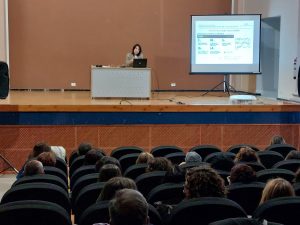 The Valencian Anti-Fraud Agency, during the four hours of training, in which 40 people (public employees and elected officials) were present, had the opportunity to share the Valencian regulatory and institutional framework in the fight against corruption, as well as the news and obligations entailed by the new state regulations on the protection of whistleblowers of regulatory violations, Law 2/2023.
The Valencian Anti-Fraud Agency, during the four hours of training, in which 40 people (public employees and elected officials) were present, had the opportunity to share the Valencian regulatory and institutional framework in the fight against corruption, as well as the news and obligations entailed by the new state regulations on the protection of whistleblowers of regulatory violations, Law 2/2023.
Marita Oliver, a technician from the Training Service of the Valencian Anti-Fraud Agency, presented the public policies for the prevention of fraud and corruption, as well as the reason for being and functions of the AVAF. In turn, he focused his second intervention of the day on the basic aspects of the cycle of fight against corruption.
The culture of public integrity promoted by the AVAF and the prevention of risks in decision-making in the local administration was the subject addressed by Pilar Moreno, a technician from the Agency’s Training service, making use of gamification tools to give participation to attendees.
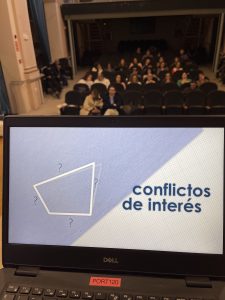 The workshop on “Conflict of interest and public integrity” directed by Pilar Moreno, focused the end of the day on the situation that can occur in the public administration. Noting that inadequate management of it can be the prelude to corruption.
The workshop on “Conflict of interest and public integrity” directed by Pilar Moreno, focused the end of the day on the situation that can occur in the public administration. Noting that inadequate management of it can be the prelude to corruption.
The lack of planning has been the risk noticed by the participants that must be taken into account the most in decision-making.
With this new activity, the Valencian Anti-Fraud Agency continues to focus on the training of personnel at the service of the Valencian public administrations.
If you wish to have specialized training in integrity and corruption prevention in your public administration, do not hesitate to write to
training@antifraucv.es


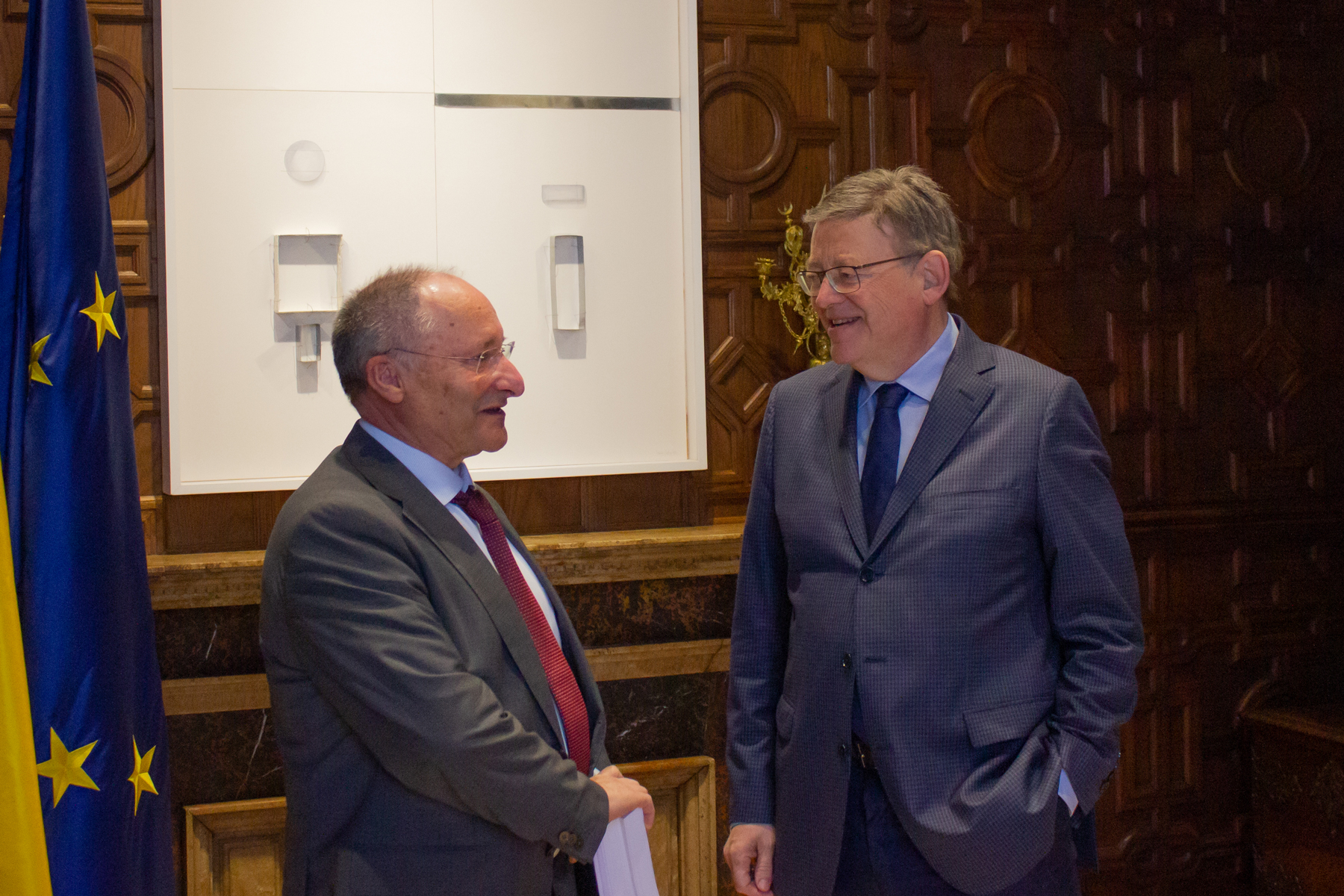
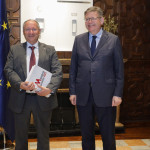
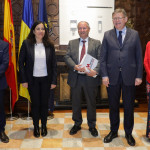
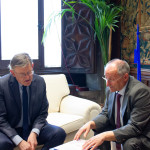

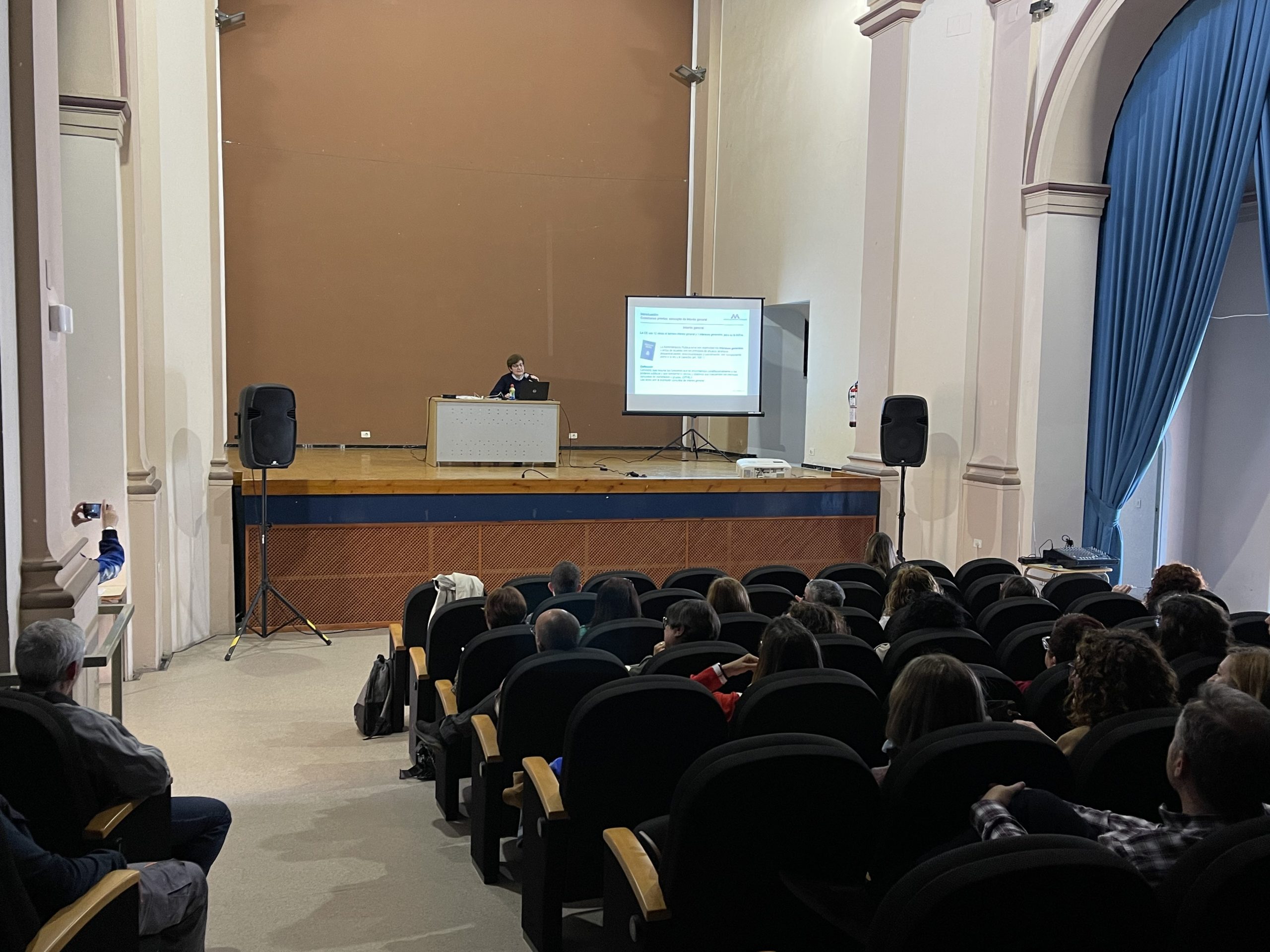
 The Valencian Anti-Fraud Agency, during the four hours of training, in which 40 people (public employees and elected officials) were present, had the opportunity to share the Valencian regulatory and institutional framework in the fight against corruption, as well as the news and obligations entailed by the new state regulations on the protection of whistleblowers of regulatory violations, Law 2/2023.
The Valencian Anti-Fraud Agency, during the four hours of training, in which 40 people (public employees and elected officials) were present, had the opportunity to share the Valencian regulatory and institutional framework in the fight against corruption, as well as the news and obligations entailed by the new state regulations on the protection of whistleblowers of regulatory violations, Law 2/2023. The workshop on “Conflict of interest and public integrity” directed by Pilar Moreno, focused the end of the day on the situation that can occur in the public administration. Noting that inadequate management of it can be the prelude to corruption.
The workshop on “Conflict of interest and public integrity” directed by Pilar Moreno, focused the end of the day on the situation that can occur in the public administration. Noting that inadequate management of it can be the prelude to corruption.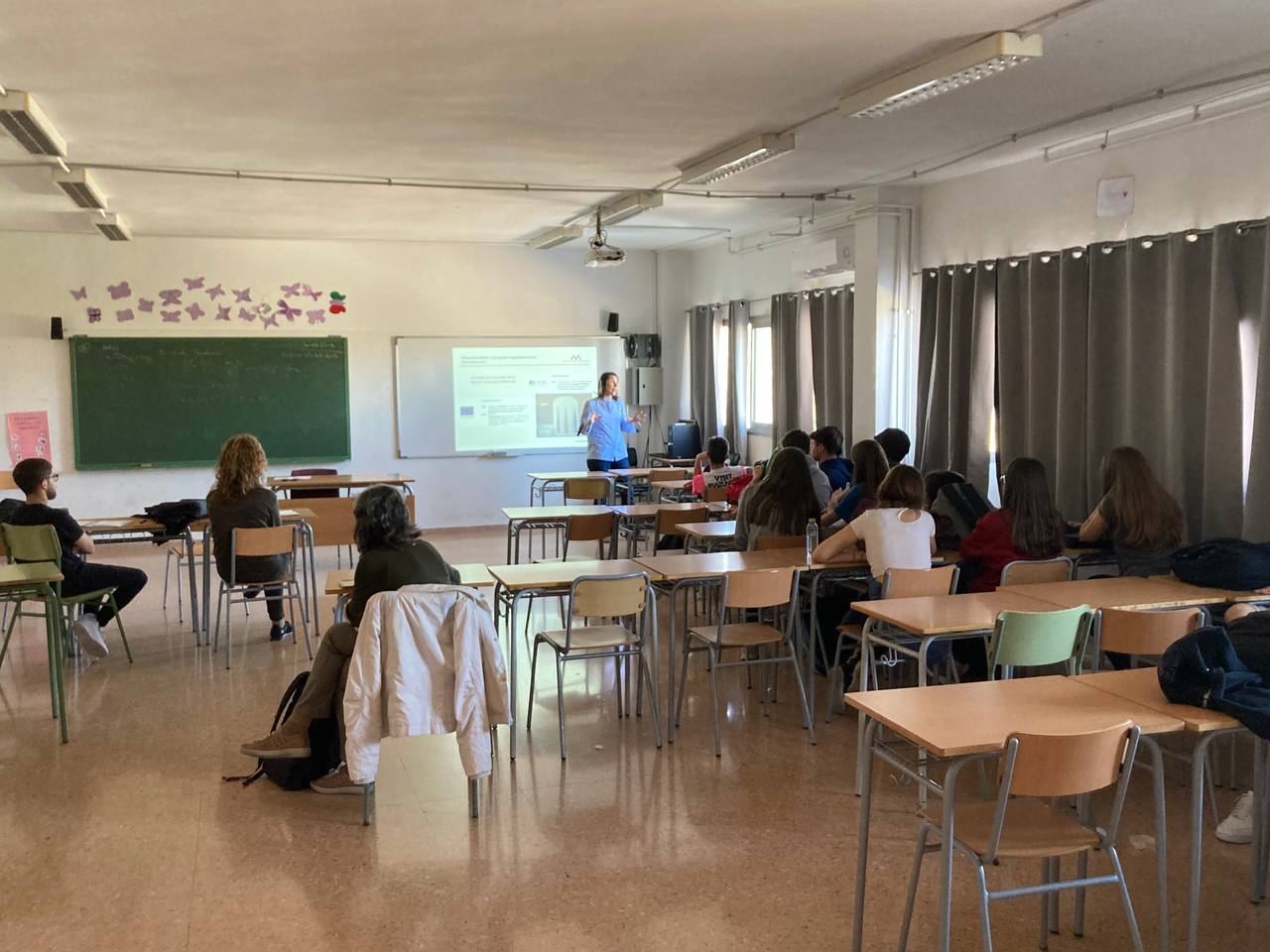
 For his part, Jesús Chinchilla shared the tool of the AVAF reporting channel, through which it is possible to present information anonymously.
For his part, Jesús Chinchilla shared the tool of the AVAF reporting channel, through which it is possible to present information anonymously.